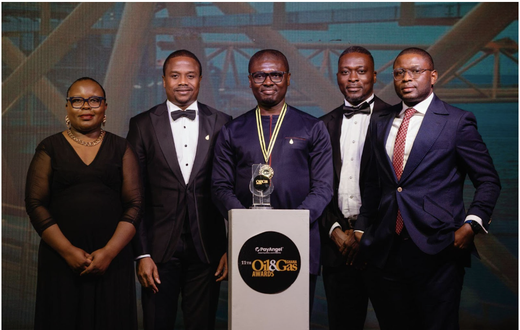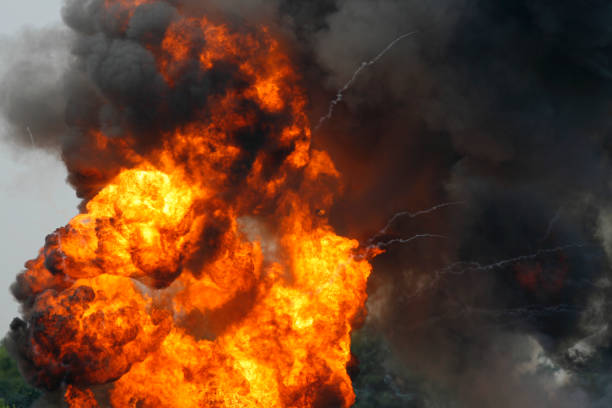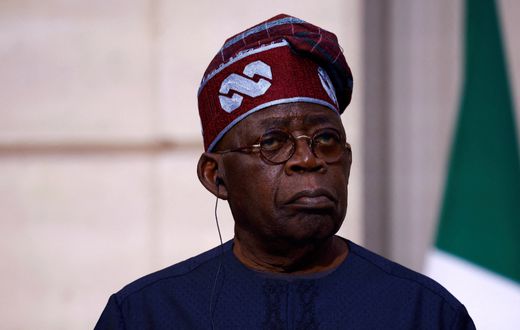The African Democratic Congress (ADC) has raised significant concerns regarding the conduct of the Economic and Financial Crimes Commission (EFCC), accusing the agency of launching investigations targeted at opposition leaders and framing these efforts as politically charged interventions. According to ADC, David Mark, the former Senate President and Interim National Chairman, has reportedly become the most recent figure to attract the EFCC’s attention in what the party calls a calculated move against opposition voices.
The ADC, through a public statement released by acting National Publicity Secretary Bola Abdullahi on Tuesday, August 12, criticized what it described as a “choreographed media trial” specifically aimed at members of the opposition. Abdullahi contends that these investigations are part of a broader campaign designed to undermine opposition coalitions in the months and years leading up to significant elections.
These allegations arrive on the heels of recent developments — most notably, the detention of former Sokoto State Governor Aminu Tambuwal on Monday, as well as the official invitation of former Imo State Governor Emeka Ihedioha for questioning.
“The EFCC has now surreptitiously started excavating all the files from David Mark’s tenure as Senate President, 10 years after he left office,” Abdullahi stated, highlighting concerns over the timing and possible motives behind the renewed probes.
“The pattern of ignoring APC stalwarts with fresher and well-documented cases, while targeting opposition figures with stale allegations, is proof of selective justice and an assault on political freedom,”
Abdullahi argued, alleging a disparity in the agency’s interrogations and the choice of individuals under scrutiny.
‘Coordinated Assault’ on Opposition
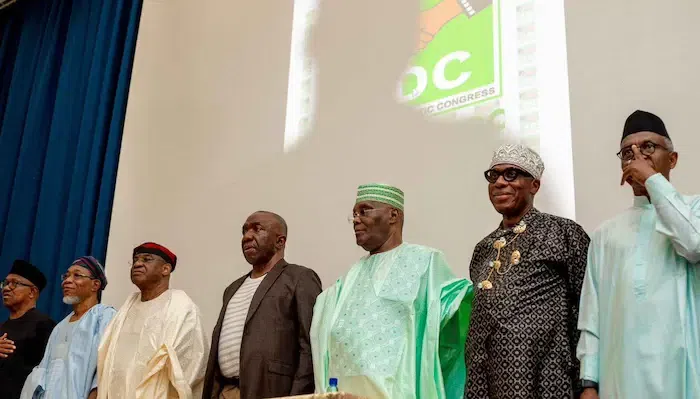
Abdullahi further argued that the EFCC’s actions appear to be part of a larger strategy, allegedly adopted by the ruling All Progressives Congress (APC), to systematically erode opposition strength in anticipation of the 2027 general elections. He claimed this coordinated approach was designed to intimidate, discredit, and distract opposition leaders by accusing them of broad-scale financial improprieties.
“Having failed to stop the coalition, the jittery ruling party’s next move is to discredit its leaders by getting the EFCC to accuse them of looting entire treasuries,” Abdullahi asserted, painting the proceedings as calculated rather than transparent legal actions.
“These are calculated media trials; it matters little whether there is a basis for these accusations — the game is the circus show,” he added, suggesting that public perception might be manipulated by high-profile arrests and detentions rather than by the actual substance of investigations.
These sentiments are echoed by former Vice President Atiku Abubakar, who openly criticized President Bola Tinubu for reportedly using the anti-corruption platform as a “political tool” to pressure opposition members into defecting to the APC camp. According to Atiku, the anti-corruption agency appears to act more as a political instrument than an impartial body tasked with upholding justice.
“It is as though today, anyone who associates with the opposition is a target for phantom corruption allegations, and as soon as they are coerced into the political agenda of President Tinubu, their ‘sins’ are forgiven. That is not how to fight the monster of corruption,”
Atiku wrote on Facebook, further intensifying the claims that the anti-graft campaign is being wielded unevenly against political adversaries.
Rights Group Slams EFCC
![Angry Protesters. [Getty Images]](https://stag-blogsites.itechnolabs.co.in/wp-content/uploads/2025/09/7049d84b-52bb-4596-a827-43a9705666c5-1.jpg)
Angry Protesters. [Getty Images]
Adding to this wave of criticism, the Human Rights Writers Association of Nigeria (HURIWA) also called out the EFCC’s recent moves, likening the agency’s behaviour to that of “an obedient lapdog deployed to do the dirty political work of the ruling APC.” This, according to HURIWA, represents not only a distortion of the EFCC’s original mandate but also a dangerous precedent as Nigeria approaches a crucial electoral cycle.
According to HURIWA’s National Coordinator Emmanuel Onwubiko, the heightened activity against opposition figures is nothing short of an attempt to “break the spine of the opposition before the 2027 race.” He added, “Every discerning Nigerian can see the handwriting on the wall. The EFCC is no longer the fearless watchdog envisioned by law.”
EFCC and Presidency Deny Claims
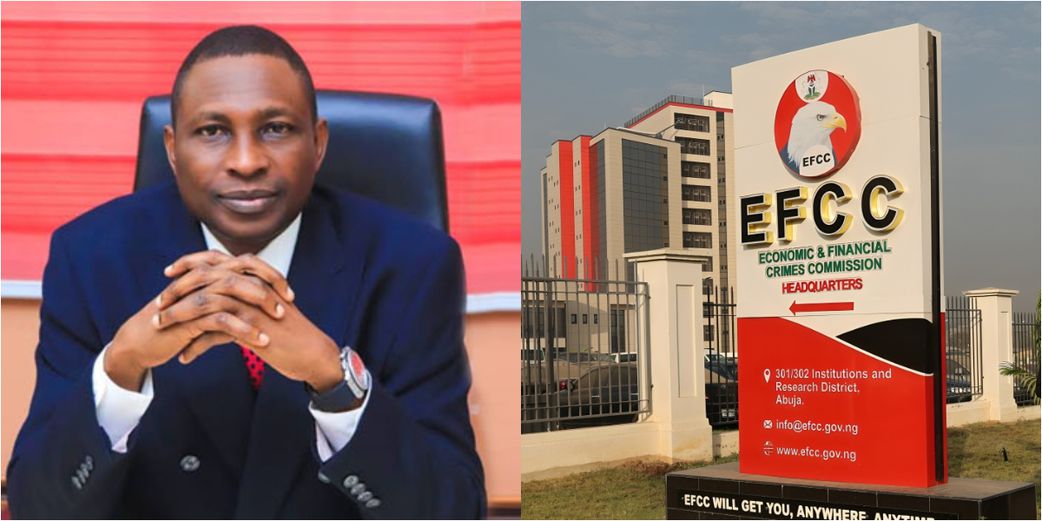
In response to these escalating allegations, EFCC Chairman Ola Olukoyede strongly refuted claims of political bias within the commission. In an official statement, Olukoyede described the accusations as “self-serving, diversionary, narrow and idle.”
“If I am not condemned for investigating both former and serving strong ruling party governors and ministers, I should not be condemned for also investigating opposition figures. Fraud is fraud. Corruption is corruption. There is no sacred cow,”
Olukoyede insisted, casting the EFCC’s actions as part of a broad anti-corruption initiative that does not play favourites, regardless of political allegiance.
The Nigerian Presidency also took steps to distance itself from the ongoing situation. Presidential aide Bayo Onanuga stated in an interview with The PUNCH, “We are not the EFCC… you can call the EFCC to find out whether they are weaponising any arrests or whatever. It’s not our business.” The comment suggests that the administration views the anti-graft agency’s activities as autonomous and outside the direct influence of the executive branch.
David Mark’s Youth Pledge and ADC’s Broader Vision
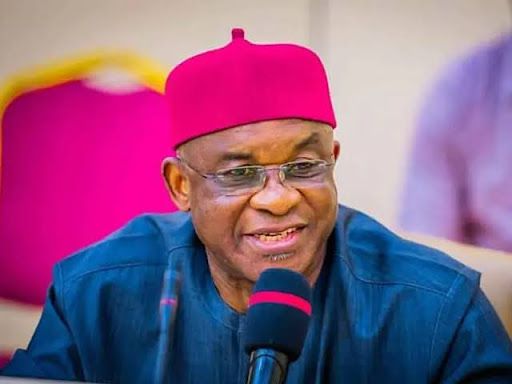
You’re not a member – ADC faction rejects David Mark as national chairman
Amidst this turbulence, David Mark used the platform of International Youth Day to reaffirm ADC’s ongoing commitment to the inclusion of young people and women in political processes — an enduring debate in Nigerian politics with wide resonance across West Africa. The former Senate President emphasized that sustainable change cannot occur without genuine youth participation and gender equity in governance.
In his absence, Mark was represented by coalition leader and former APC Vice Chairman (North-West) Salihu Lukman. Lukman announced that “35% of NOWAHALAZONE positions are reserved for women” within ADC’s structure, and also pledged to prioritise the involvement of Nigerians under 40 in key leadership and strategic roles within the party. These commitments were cited as part of an effort to strengthen democratic values and social cohesion at all levels — from grassroots mobilization right up to the national stage.
“To our young people: ADC is your home. We are opening the doors for the next generation, not as a gesture, but as a commitment,”
Lukman declared, outlining the party’s vision to create practical opportunities for youth engagement in policy and decision-making.
“Our grassroots structures will be revitalised… from polling units and wards to the national stage,”
Mark added, calling for broad participation and leadership from all corners of Nigeria’s diverse society.
Mark also described the ADC as a “focused, principled, and people-oriented coalition committed to delivering good governance for all,” urging Nigerian youths — regardless of background, ethnicity, or religion — to take an active role in shaping the future of their country.
For many Nigerians and West Africans, these ongoing debates and allegations highlight a serious concern: How can anti-corruption campaigns function impartially when the lines between politics and justice appear so closely intertwined? Legal analysts have emphasised the importance of due process, transparency, and regular public communication to restore trust in institutions like the EFCC. Stakeholders in civil society have also urged lawmakers to review the appointment processes and oversight mechanisms for critical agencies, drawing comparisons to similar debates in Ghana and other neighbouring countries, where questions of independence and impartiality remain central to governance reforms.
As Nigeria looks to the 2027 election cycle and beyond, the country’s political landscape continues to be shaped by the evolving dynamics between ruling parties, opposition groups, and watchdog institutions. The outcomes of these disputes — and the broader struggle for fair political participation — will have effects not only for local governance but also for how West African democracies are perceived on the global stage. Many believe that true progress lies in balancing rigorous anti-corruption work with the fundamental need for openness, fairness, and accountability at every level of government.
What do you think about the recent EFCC investigations — is Nigeria’s anti-graft fight on track, or are these steps against opposition leaders undermining democracy? Share your views in the comments, and don’t forget to follow us for the latest news and in-depth analysis that matters to Nigerians and West Africans.


